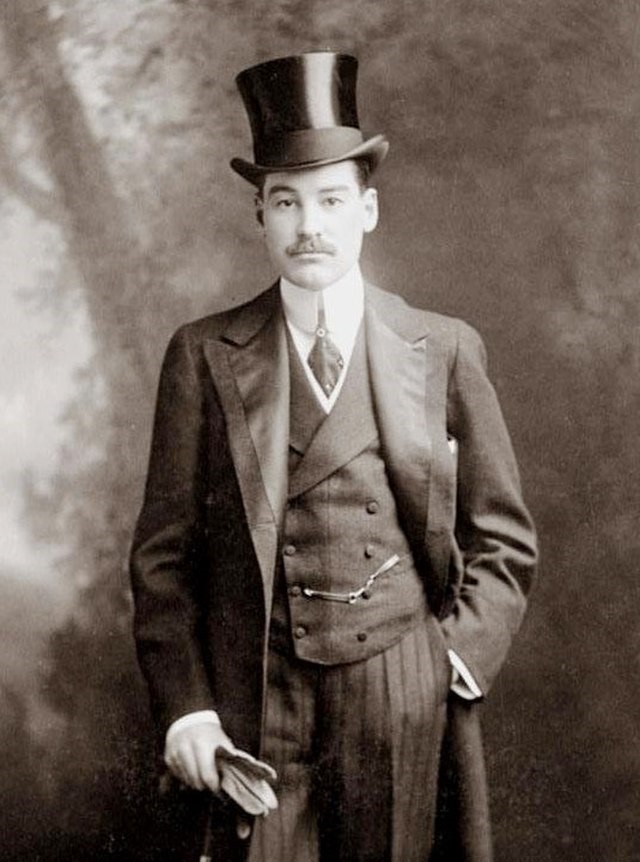Is the pursuit of student success a well-trodden path, or a constantly evolving landscape? The answer, unequivocally, is that it’s both, a testament to the enduring complexities of education and the multifaceted factors influencing a student's journey. From the hallowed halls of academia to the dynamic world beyond, the elements that contribute to student triumph have been the subject of rigorous scrutiny and relentless debate.
The essence of student success transcends mere academic achievement. It encompasses a holistic development, encompassing intellectual curiosity, emotional intelligence, and a capacity for critical thinking. This understanding is vital in a world where the ability to adapt, innovate, and collaborate is paramount. A comprehensive review of the literature reveals a confluence of factors, each contributing to the intricate tapestry of student flourishing. These elements can range from the social fabric woven within educational institutions to the broader societal forces that shape aspirations and opportunities. Understanding these facets is critical for fostering environments where students not only learn but also thrive.
The enduring impact of cultural trauma should not be understated, especially when considering its potential to influence student success. Cultural trauma, often experienced by minority cultural groups such as Indigenous populations, immigrants, and refugees, can cast a long shadow, affecting health outcomes and educational trajectories. This trauma, passed down through generations, can manifest in psychological distress, limiting access to resources and opportunities that are critical for academic and personal growth. Consequently, acknowledging and addressing the effects of cultural trauma is paramount in creating inclusive educational settings that support all students.
The concept of legacy, too, plays a significant role. The Vanderbilt family, a name synonymous with American wealth and influence, serves as a compelling example. Their legacy, a tapestry of entrepreneurial prowess and philanthropic endeavors, has left an indelible mark on various aspects of society. This legacy highlights the importance of considering long-term impact. The pursuit of a lasting legacy is not solely about material wealth; it's about the enduring contributions one makes to society, a concept that is increasingly relevant to the younger generations. This notion of building something that lasts beyond one's lifetime can act as a powerful motivator, shaping ambitions and guiding decisions.
Longevity, coupled with wealth management, has emerged as another critical factor influencing modern perspectives on student success. As life expectancies rise, the focus is shifting toward maximizing health, wealth, and legacy over extended lifespans. Financial planning and wealth management are no longer just about accumulating assets, but about creating enduring legacies. Institutions like RBC Wealth Management are guiding clients on their journey to financial success and legacy preservation. The ability to secure financial stability and plan for the future allows individuals to focus on educational pursuits, further fueling the cycle of success. This also includes considering how wealth can be channeled to support educational initiatives, reinforcing the significance of philanthropy and long-term vision.
Take, for instance, the transformative $70 million gift from L. Thomas Melly '52 and Judith Hershey Melly to Hobart and William Smith Colleges. This extraordinary act of generosity highlights the enduring impact of philanthropy on educational institutions. The Mellys' gift, earmarked to enhance student access, support academic excellence, and foster innovation, will significantly impact the lives of countless students. Such acts of generosity emphasize the power of individuals to shape future generations, investing in student success through tangible resources and opportunities. This underscores how personal values can translate into lasting impact within an educational context, setting a precedent for others to emulate.
The literature on student success underscores the importance of social integration within the educational environment. This can be a powerful catalyst for persistence. Feeling like an integral part of a community can foster a sense of belonging and purpose, making it more likely that students will overcome obstacles and persist in their studies. Environments where students feel supported, valued, and connected can profoundly influence their overall educational journey, contributing to a higher likelihood of them achieving their academic goals. In addition, the feeling of belonging can make a crucial difference.
The role of mentors and role models also deserves mention. The film Greater, tells the inspiring story of Brandon Burlsworth, an Arkansas Razorbacks football player, who overcame numerous obstacles to achieve his dreams. Burlsworth's story emphasizes the enduring impact of individuals who serve as inspiring figures. His dedication, perseverance, and commitment to excellence serve as a powerful reminder of the transformative power of role models and the enduring legacy they can create. Those who can provide inspiration, guidance, and support can have an undeniable impact, helping students to navigate the complexities of their educational journeys.
In essence, the pursuit of student success is a multifaceted undertaking. It demands a comprehensive understanding of the various factors at play. The literature on the subject highlights the importance of considering not only academic factors but also the social, emotional, and environmental influences that shape a student's journey. By embracing a holistic approach, educational institutions can create environments where students can thrive, achieve their full potential, and build lasting legacies.
The following table offers data relevant to a fictional person who has significantly contributed to educational advancement, which aligns with the overarching theme of factors influencing student success:
| Category | Details |
|---|---|
| Name | Dr. Eleanor Vance |
| Date of Birth | August 14, 1968 |
| Place of Birth | Oakland, California |
| Education |
|
| Career |
|
| Professional Achievements |
|
| Key Contributions |
|
| Link to Authentic Website | Example Profile Page |

